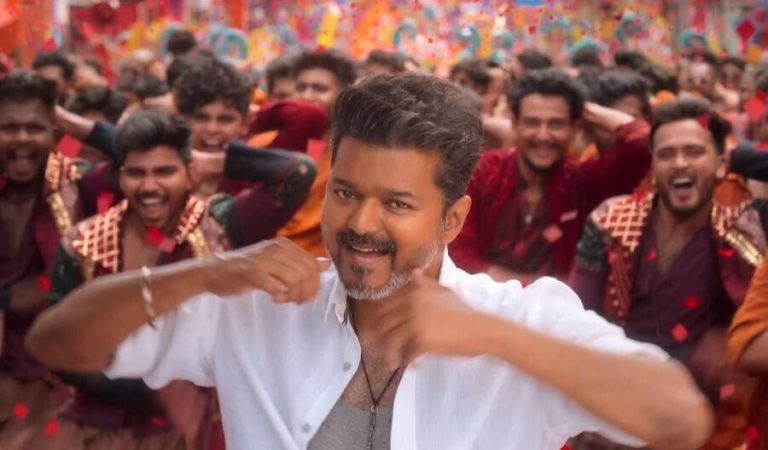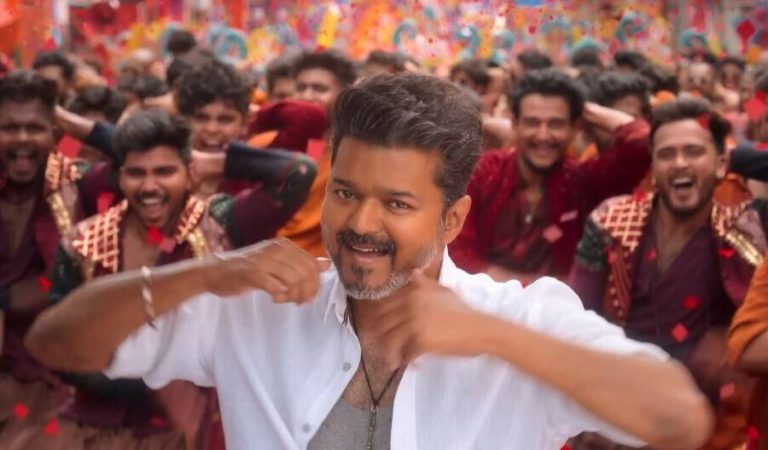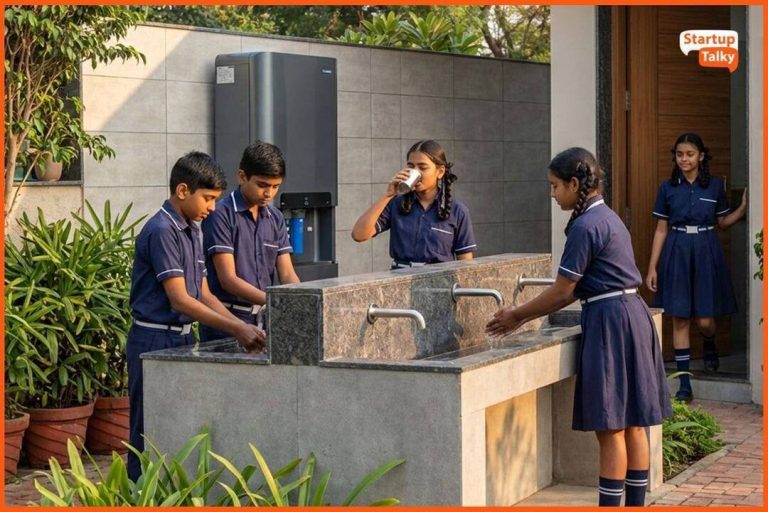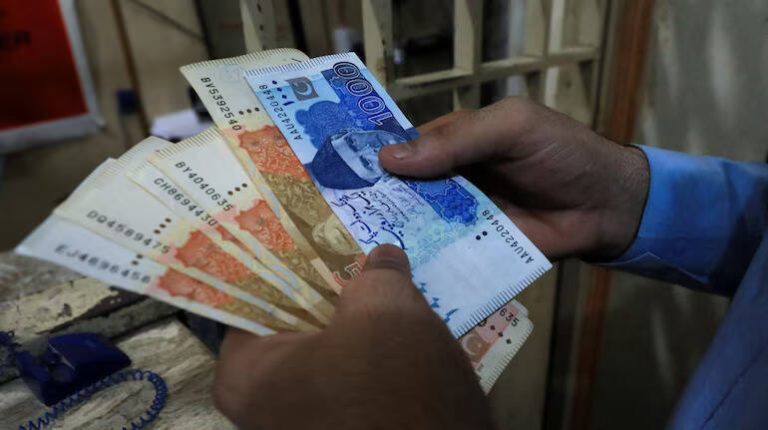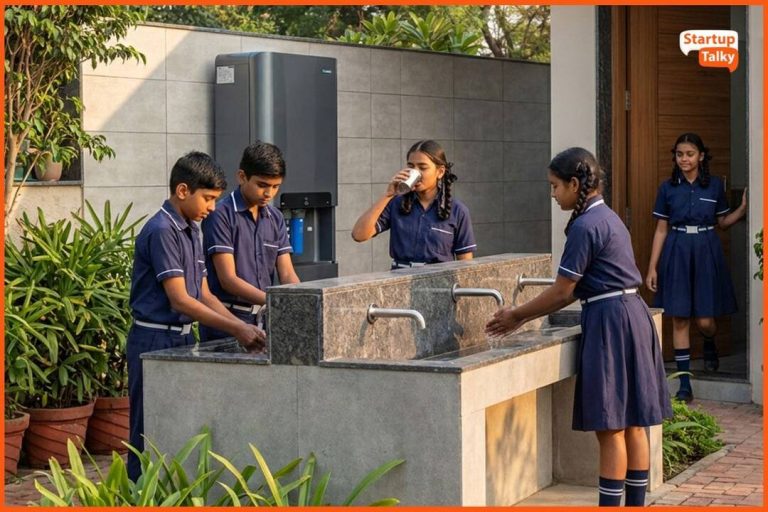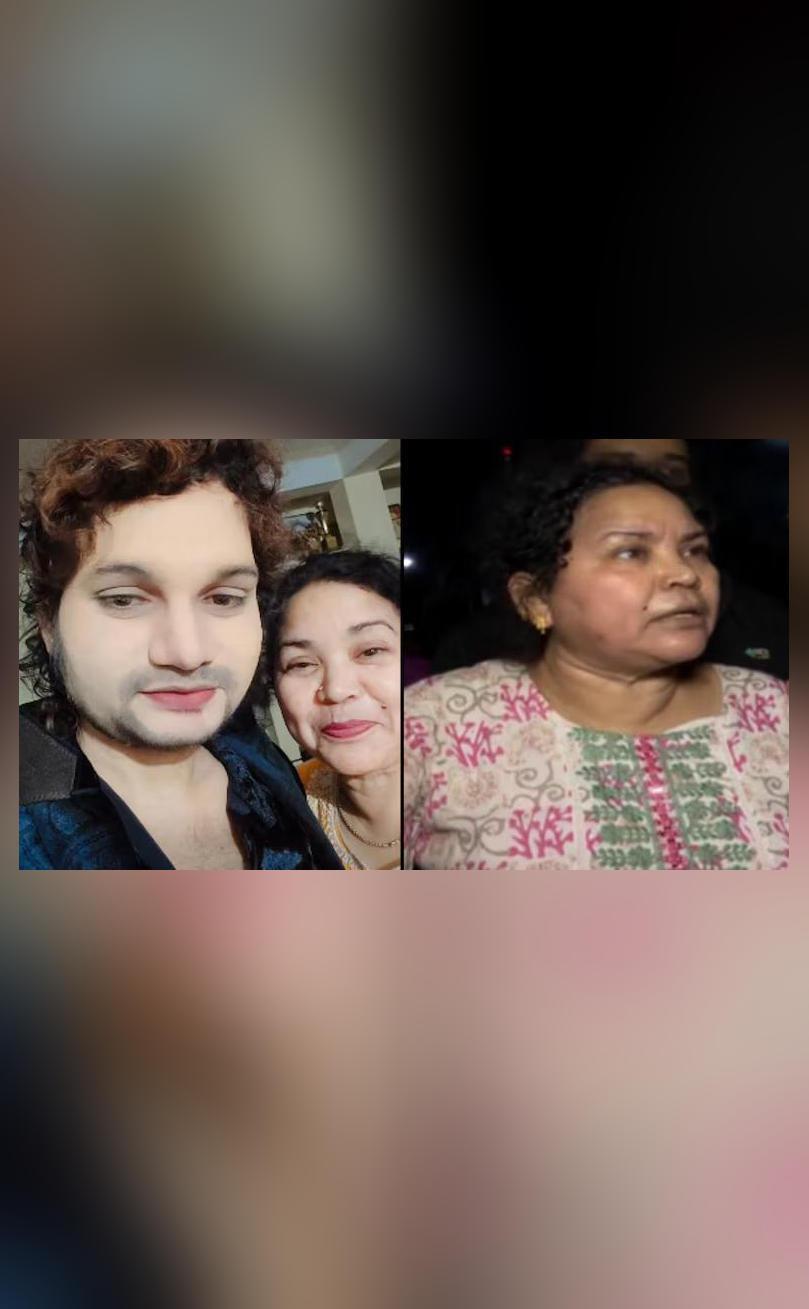
Humane’s Mother Blames His Manager for Death, Says ‘He was Forced to Perform While Unwell’
The sudden demise of Odia playback singer Humane Sagar has sent shockwaves throughout the music industry. The 36-year-old singer, known for his soulful voice, passed away after being on advanced life-support for over 72 hours. While fans and fellow artists are still grappling with the news, Humane’s mother, Shefali Suna, has made some shocking allegations against his manager and several event organisers. According to her, they are responsible for her son’s death, as they exploited him and forced him to perform even when he was critically unwell.
Shefali Suna has accused Humane’s manager and the event organisers of prioritising their own interests over her son’s health and well-being. “My son was used…Even when his condition was bad, they made him do stage shows,” she alleged. It is reported that Humane was not in good health before his death, but his manager and the event organisers continued to push him to perform, ignoring his deteriorating condition. This has raised questions about the exploitation of artists in the entertainment industry and the lack of concern for their health and safety.
The music industry is known for its demanding schedule and high pressure to perform. Artists are often forced to work long hours, travel extensively, and perform multiple shows in a short span. While this can be exhausting for anyone, it can be particularly challenging for those who are already unwell. In Humane’s case, it appears that his manager and the event organisers were more concerned about meeting their commitments and making money than about his health and well-being.
Shefali Suna’s allegations have sparked a debate about the exploitation of artists in the entertainment industry. Many have taken to social media to express their outrage and demand justice for Humane and his family. The incident has also highlighted the need for better regulation and protection for artists, to prevent such incidents in the future.
The entertainment industry is a multibillion-dollar market, with millions of fans and a vast array of artists. While it can be a rewarding and lucrative career for many, it can also be cutthroat and exploitative. Artists are often at the mercy of their managers, promoters, and event organisers, who may prioritize their own interests over the well-being of the artists.
In recent years, there have been several instances of artists being exploited and mistreated in the entertainment industry. From being forced to work long hours without adequate compensation to being subjected to physical and emotional abuse, the stories of exploitation are numerous and disturbing. The incident involving Humane Sagar is just the latest example of the darker side of the entertainment industry.
As the investigation into Humane’s death continues, his mother’s allegations have raised important questions about the accountability of managers and event organisers. Should they be held responsible for the well-being and safety of the artists they work with? Should there be stricter regulations and guidelines in place to protect artists from exploitation?
The answers to these questions are not simple, but they are necessary to prevent such incidents in the future. The entertainment industry must take a hard look at itself and acknowledge the problems that exist. Artists, managers, promoters, and event organisers must work together to create a safer and more supportive environment for everyone involved.
In conclusion, the death of Humane Sagar is a tragic reminder of the darker side of the entertainment industry. The allegations made by his mother, Shefali Suna, have sparked a debate about the exploitation of artists and the need for better regulation and protection. As the investigation into his death continues, it is essential to consider the broader implications of this incident and to work towards creating a safer and more supportive environment for all artists.

